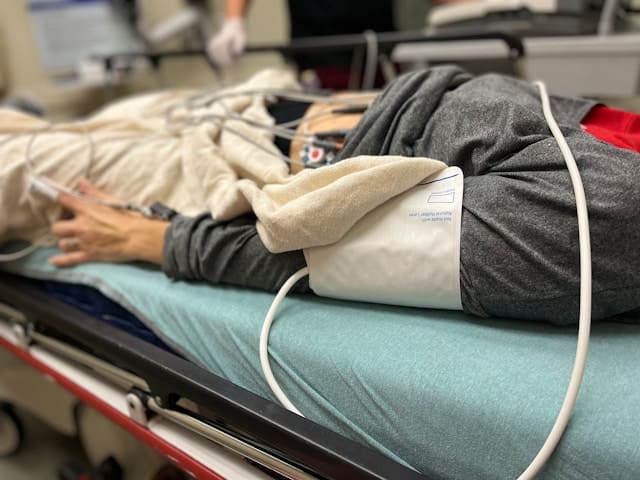
Everyone loves going on vacations or trips with friends and family. Whether it’s going to a new destination, engaging in adventurous activities, or simply looking to relax, the last thing people think about when planning a vacation is getting injured while traveling or suffering an accident.
Suddenly, instead of sightseeing or networking, you’re juggling X-rays, hospital bracelets, and questions about who pays for what. Getting injured on the road feels doubly unfair. Not only are you hurt, you’re also far from your usual doctors, your home support system, and your local legal protections. It’s a situation that can spiral quickly unless you know how to steady it.
Always Focus on Care—Not Convenience
When encountering an unexpected injury abroad, many travelers’ instinct is to “wait it out” or “deal with it later” when they’re back home. That’s often a mistake. A delay in treatment can not only make the injury worse, but it can also weaken any future legal claim by creating gaps in the record. Emergency rooms, urgent care centers, even local clinics—whatever is available, use it!
Just as important: keep everything. Treatment notes, receipts, discharge papers—these are the building blocks to understanding your situation, your health, and any potential claim you may have. A travel injury is often defined by its paper trail, and the more you have, the less room there is later for insurers to suggest the injury was exaggerated or unrelated.
Consider the Laws of Where You Are
One of the simple truths of personal injuries is that the rules change depending on where you are. Suppose your day out relaxing off the coast of Miami is suddenly interrupted by a rogue jet ski and a hospital stay. In that case, Florida’s deadlines and liability rules likely control the specifics of your claim—even if you live in Los Angeles or New York.
That matters because statutes of limitations and negligence standards can vary widely. Some states give you years to file, while others give you just months—some cap damages while others do not. Knowing which law applies—and filing in the right place—can make or break a legitimate claim. This is where an attorney who understands both your home state and the jurisdiction where the accident occurred becomes essential.
Insurance and Accountability
Another complication of being injured while traveling out of town is sorting out who pays. Was it a careless driver? A poorly maintained rental property? A store that ignored obvious hazards? The answer dictates which insurance policies come into play—sometimes multiple.
Don’t assume your own insurance will automatically take the lead. Depending on the circumstances, you may be dealing with local insurers, out-of-state claims adjusters, or property owners who insist they bear no responsibility. Whenever possible, gather details on the spot: names, phone numbers, insurance cards, even incident reports if the business or property keeps them. These details often disappear once you’ve checked out or flown home.
Don’t Drop the Ball After Returning Home
Once you’re back in familiar surroundings, your treatment usually shifts to your regular doctors. That transition needs to be seamless. Make sure your providers know exactly what happened and where, and ensure their notes tie your ongoing care to the original incident. Insurers scrutinize gaps or vague records, and continuity is one of the best defenses against their attempts to minimize your claim.
Also, don’t overlook the hidden costs of an out-of-town injury. Did you have to extend your stay? Rebook flights? Hire extra help once you get home? These are all compensable losses, but only if you track them.
The Long Game
Cases that cross state lines rarely move quickly. Coordinating between lawyers, insurers, and medical providers takes time and can be quite the headache. Insurers often try to exploit this by pressuring you into quick settlements that do not serve your needs, usually before the full scope of your injuries is even clear! Resist the urge to sign too soon. What feels like a clean resolution today can leave you paying out of pocket for lingering problems tomorrow.
Patience, documentation, and steady legal guidance are your allies here. The strongest cases aren’t the ones settled in haste, but the ones built carefully with full awareness of both the medical and legal landscape.
Final Word on Being Injured While Traveling
An injury away from home is a jarring detour, but it doesn’t have to leave you powerless. Treat your health as the top priority, preserve every scrap of evidence, and get legal help that understands the extra challenges of cross-border claims. The law doesn’t stop at your state line, and neither should your recovery.
When travel takes an unexpected turn, the right response in those first hours and days can ensure you come home not just in one piece, but with your rights intact.
written by, Farid Yaghoubtil, Founding Partner for DTLA Law Group






